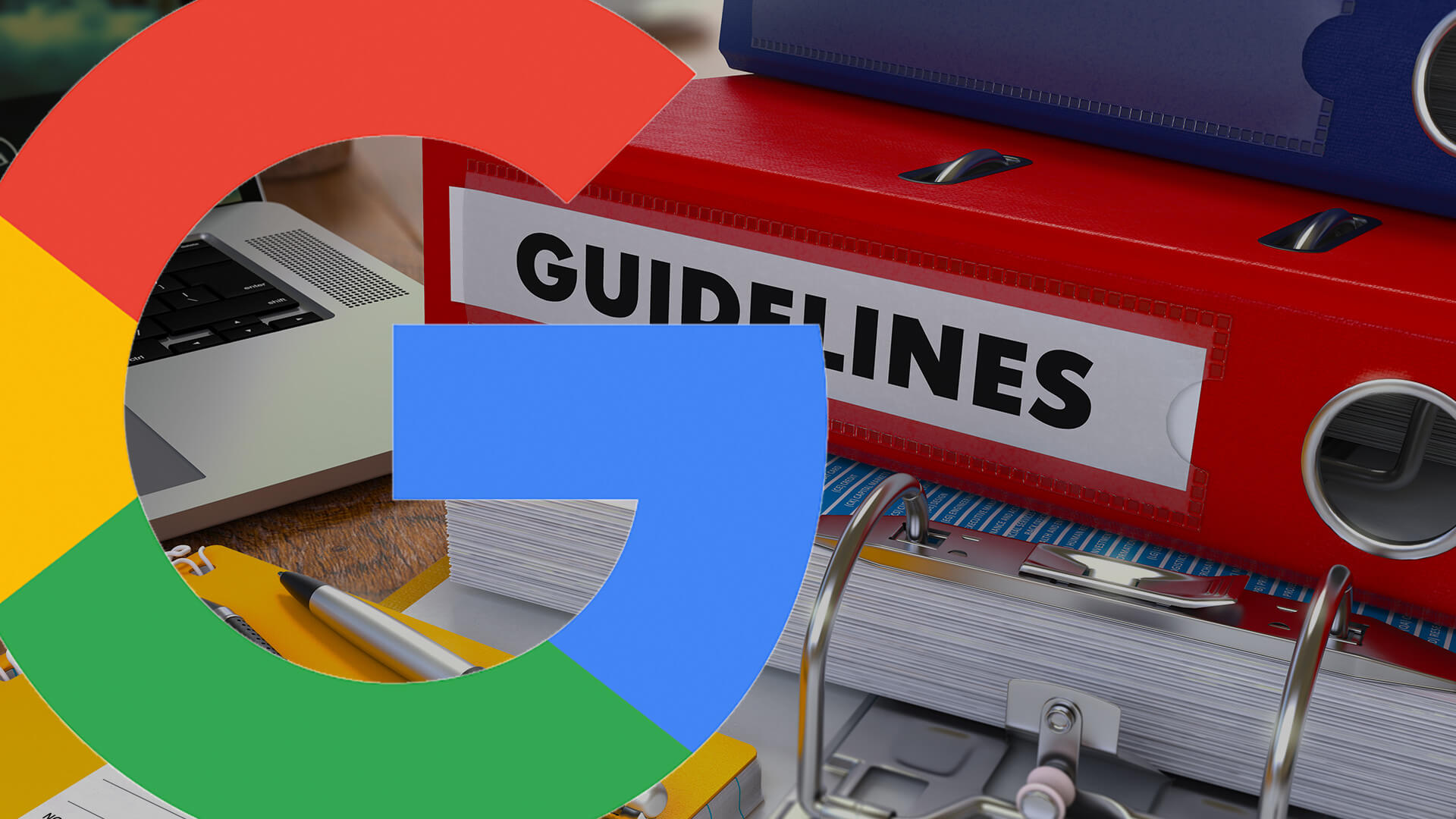Google replaces its Webmaster Guidelines with Google Search Essentials
Google has done a full refresh of its old Webmaster Guidelines, simplifying them and removing the term “webmaster.”
20 years is a long time, especially in internet days and that is how old the original Google Webmaster Guidelines are. Google has done a major refresh of those Webmaster Guidelines today, and with that, also renamed it to Google Search Essentials.
Why the change. Outside of it being two decades old, Google said “a lot has changed since 2002” with the internet and Google Search in general. The updated guidelines are streamlined, simplified, and have been updated “to ensure people have clear guidance for how to build sites that serve people well,” a Google spokesperson told Search Engine Land. Google also told us the “goal is to make this guidance useful and easier to understand and to help site owners focus on things that matter for your site.”
What changed. Yes, while Google has made many updates over the years to the old Google Webmaster Guidelines, Google decided it was time for a major refresh. Here is an overview of what has changed.
- Name change: From Google Webmaster Guidelines to Google Search Essentials, because, well, Google doesn’t think webmaster is a term used much these days and/or it is too narrowly focused. This is similar to Google dropped the named Webmaster Tools for Search Console in 2015.
- Technical requirements: Google has published a new section to help people understand how to publish content in a format that Google Search can index and access that content.
- Spam policies: Google has updated its guidance for the Google Search policies against spam, “to help site owners avoid creating content that isn’t helpful for people using Search,” Google said. Note that most of the content in these spam policies has already existed on Google Search Central, Google did however make a few additions to provide clearer guidance and concrete examples for issues like deceptive behavior, link spam, online harassment, and scam and fraud, the company told us.
- Key best practices: Google has also published new guidance with key best practices that people can consider when creating sites, to create content that serves people and will help a site be more easily found through Google Search.
Other changes include organizing the content in a more logical structure and consolidating similar pages. Google did explain that generally, they haven’t changed the content much in those areas.
Google also documented more changes here, writing:
- Google Search Essentials: Replaces the Webmaster Guidelines overview page. It includes new sections: technical requirements, spam policies, and key best practices.
- Google Search technical requirements: Covers what Google needs from a web page to show it in Google Search.
- Spam policies for Google web search: Replaces the Quality Guidelines section of the Webmaster Guidelines. It’s been rewritten to cover more relevant examples and use more precise language. Notable updates include:
- Link spam: Consolidates previous pages on Paid links and Link schemes.
- Malware and malicious behaviors: Consolidates information that was previously in the Security section on our site.
- Hacked content: Consolidates information that was previously in the Security section on our site.
- Thin affliliate pages: Consolidates previous pages on Thin content and Affiliate programs.
New sections include:
- Misleading functionality
- Copyright-removal requests
- Online harassment removals
- Scam and fraud
- Creating helpful, reliable, people-first content: This document consolidates advice from the helpful content blog post and the core updates post; none of the content is new.
Why we care. The Webmaster Guidelines has been the go-to resource for SEO best practices in Google Search for the past two decades. Changing the name and updating this resource is a big deal for many SEOs.
SEOs, webmasters (we should not use that word), site owners, publishers, and anyone who owns or manages a website should review the new Google Search Essentials.
Related Stories
New on Search Engine Land
Google replaces its Webmaster Guidelines with Google Search Essentials
5 ways you’re hurting account performance when it comes to RSAs
Search Engine Land Awards 2022: Complete finalists list
Webinar: Deliver highly-personalized experiences with quality data
Google launches new content suitability center in Google Ads







